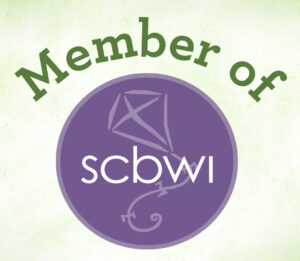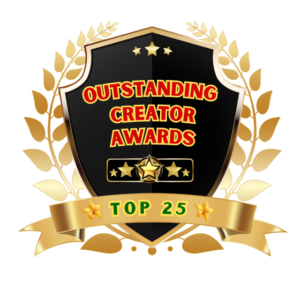 While I haven’t signed a contract yet, I spent last week negotiating some terms of an offer made to me to publish my book. I’m beyond excited—not only because this is truly a dream come true, but because I believe that this whole identity crisis women face when we become moms has a solution—if we get talking about who we really are. But we women need a better way to express who God made us to be—as mothers and beyond. That’s what I’ll be addressing—in a super fun way (and without using “super fun” excessively! I’ll try to write like a big girl).
While I haven’t signed a contract yet, I spent last week negotiating some terms of an offer made to me to publish my book. I’m beyond excited—not only because this is truly a dream come true, but because I believe that this whole identity crisis women face when we become moms has a solution—if we get talking about who we really are. But we women need a better way to express who God made us to be—as mothers and beyond. That’s what I’ll be addressing—in a super fun way (and without using “super fun” excessively! I’ll try to write like a big girl).
In a few weeks, when everything’s signed and dotted, I’ll give more details, but in the meantime, I thought I’d put up the Post That Started It All: “Identity Crisis,” which first appeared at GiftedForLeadership.com way back in April. Here it is:
Identity Crisis
This past winter, when I was eight months pregnant, my husband and I attended a retreat for “thoughtful” Christians on the snow-covered dunes of Lake Michigan. We had a great time and met wonderful, interesting people with whom we enjoyed great conversations. But one man marred my trip a bit: Whenever he saw me, he insisted on calling me mama.
You don’t have to know me all that well to realize that there are exactly three small people on this planet who can call me mama and expect a warm reception. While I’m sure this man meant no harm—he seemed decent enough otherwise—suddenly every essay I had read or written in college lambasting sexist language came flooding back into my memory and fueled an anger I hadn’t felt in a long time.
Back in our room, I quietly raged (the walls of our old hotel were quite thin!) against this man to my husband. When he offered to kick his sexist butt for me, we both laughed at that thought and my anger toward the man was pretty much over. But the anger toward myself wasn’t.
I knew the reason it upset me to be called mama by someone other than my kids had much less to do with the comment’s sexist nature and much more to do with my own identity crisis—one I have suffered since leaving the full-time work world to become an at-home mom five years ago.
Truth is, while I love being an at-home mom, I hate being identified as one. I hate it because it conjures up images that don’t mesh with how I see myself—or how I am, actually—at all. Don’t get me wrong: This isn’t because I dislike being a mother or am ashamed of the institution. I love my kids like crazy and am grateful that I’m home with them. For the world, I wouldn’t trade being able to snuggle with my kids on lazy mornings, to shuttle them to preschool and play dates, to bake with them in the afternoons, to wander with them through forest preserves on beautiful days. But for as much as I love all this, it’s not what charges me. Even after the best times with my kids, I’ll poke back into my office to check email or do a bit of work to feel like myself again. And that is the essence of my identity crisis.
So is this because as a child I didn’t play with dolls and dream of being a mommy, but instead played office and school and library and dreamt of being a “career woman”? Is it because when I look at my own giftedness and natural abilities, rearing children doesn’t rise to the top of that list? Is it because I come up so short compared to other moms who seem so naturally adept at motherhood? Is it because I fear getting so wrapped up in an identity as Mommy that when my kids are grown and the daily tasks of motherhood over I’ll no longer know who I am?
The answer to each of these: yes, probably. And while the reasons for the identity crisis may vary, I know I’m not alone in this, especially among women who juggle several roles (and what women don’t?) or who once led a team toward her vision at work and now find themselves struggling to lead a couple toddlers toward the car. I know I’m not alone because this topic is common in parenting magazines and in moms groups.
In Christian circles, the standard solution to a mom’s identity crisis seems to be this: You are a child of God, and that’s your identity. I’ve seen other women nod and smile in agreement at this statement, which makes me wonder, Am I a terrible Christian because I’ve never found this solution satisfying? While we Christians may all be one in Christ Jesus, we’re certainly not all the same. Christian women may all be “princesses”—daughters of the King!—but this doesn’t mean he didn’t give us each unique skill sets with which we’re to transform his kingdom.
So how does that help me and my crisis? Since I feel called—and blessed—to be home with my kids, I need to embrace that. I know I need to get over my issues (is it ego?) and rejoice in each of the areas in which I’m gifted and able to practice those gifts. But other than that, I don’t have a good answer.
How do you think Christian women like us, who wear so many hats and exhibit such varied gifts ought to be expressing just what type of princesses we really are?










Leave a Reply